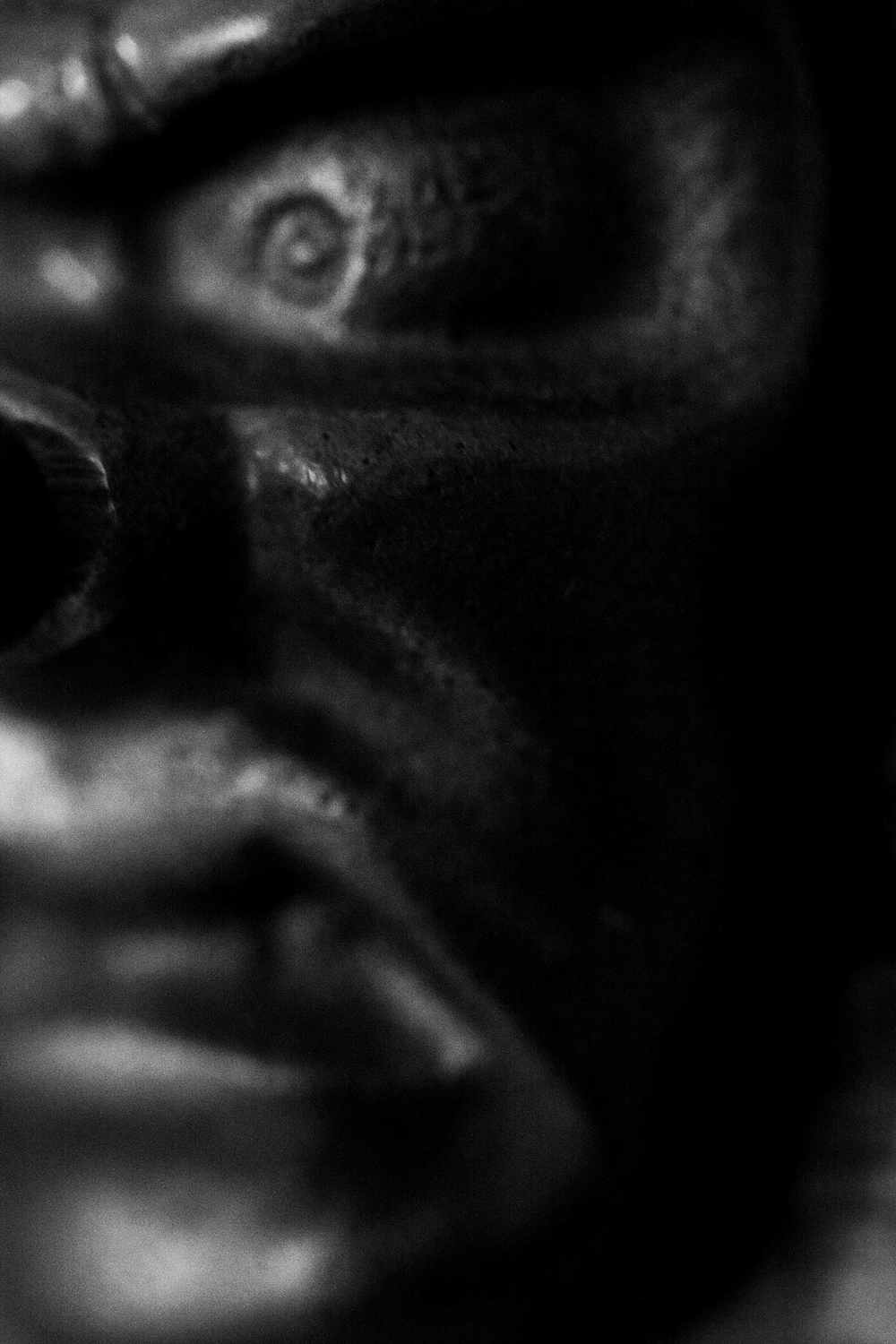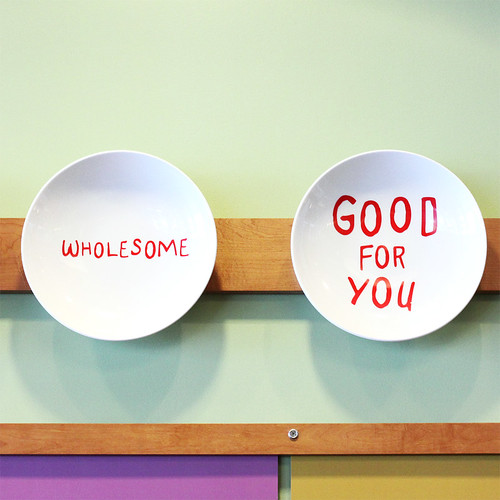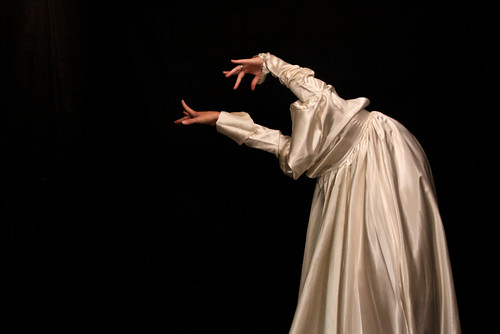During my college years, I majored in psychology, with a special interest in child development. This is a common focus for women in their late teens, and I suspect it's even more common in women who come from dysfunctional family backgrounds (somebody want to do a study on this?). At the time, I was under the impression that my family of origin was normal and healthy, and that my mother had successfully risen above her dysfunctional family background to become an emotionally balanced and fair parent. I carried this misinterpretation of my childhood with me through my studies, scoffing at the section of a textbook that outlined the reasons why spanking is ineffective at best and harmful to the child at worst, and smugly deciding that my wonderful mother's parenting fit best in the "authoritative" column rather than under the "authoritarian" heading.

The thing is, at the same time as I was so sure that my family's way was the right way, I also carried with me a history of struggle with my mother. Her "all ways are my ways" Queen of Hearts demeanor, her quick temper, her inability to see things from my point of view and insistence that I see things from hers, her black and white sense of right and wrong. It was this background, nagging at me from the corners of my mind, that cried "Aha!" when I studied
Piaget's concrete operational stage of psychosocial development, especially as its transition into formal operations
applies to adolescents, and its relationship to
Lawrence Kohlberg's stages of moral development.
Adolescents still in the concrete operational stage of development think of themselves as unique; this is a phenomenon known as the "personal fable" and is responsible for what we think of as teens' selfish egocentrism. It's the reason a teen thinks that her zit is enormous and the focus of everybody's attention, the reason teens think nothing bad will happen to them if they take risks, the reason they believe their parents cannot possibly relate to their experiences. It's normal for a child, and not normal for an adult, who should have matured into higher reasoning abilities. During Kohlberg's conventional level of moral development, which would typically describe children from about age 9 to adolescence, a child's moral sense is other-focused. Morality equals doing what other people (teachers, parents) expect you to do and fulfilling obligations. So a young teen is simultaneously engrossed in themselves and has a sense of right and wrong that hinges upon following orders. They think in black and white, fundamentalist, rule-based ways.

The personal fable: parents just don't understand.
Theorists believe that most people do not proceed past this conformity-based or law-and-order-based level of moral reasoning and grow into post-conventional reasoning based on human rights or universal human ethics. When I learned about Kohlberg's model, I considered that my mother's development might have stopped at the conventional level. I also realized that her development had halted around the time that some very significant, traumatic events happened in her life.
My mother did not have the nicest of childhoods. I suspect that this is true of most narcissists. Granted, lots of people do not have fabulous childhoods, but some special cocktail of genetics and environment comes together to create the perfect mix to breed narcissism in some unfortunate individuals. In her case, her father was a narcissist who was emotionally demanding and abusive, and physically abusive, as well. Her parents had a large number of children, too; as a parent, I know just how each additional child divides your time, attention, and emotional energy further, in a way that seems to expand exponentially rather than linearly. Her family belonged to a religious faith that is rigidly controlling, emphasizes obedience, and discourages critical thinking. This combination of factors made for a backdrop that would not provide sufficient flexibility and emotional support for a normal adolescence, much less one as troubled as hers: her mother fell ill when my mother was in her early teens, and died several years later. Her father descended into alcoholism in his grief, and was either extremely neglectful or violent and demanding, with very little in between. My mother lived in fear of him both as a child/adolescent and as an adult. She craved his approval but virtually never got it. She wasn't really free from him until he died, and even that is questionable. As time went by, I would recognize that I felt similarly about her.
So I assumed that my mother's moral reasoning had somehow just gotten stuck at the age she was when her mother got sick and died. I didn't know how this would happen, just that it seemed to be true. But just recently, I have been studying frontal lobe development. More specifically, the development of the
prefrontal lobe, that part of the brain responsible for emotional balance, attunement to others, bodily regulation (stress response), response flexibility, fear modulation, empathy, insight, moral awareness, and intuition. Most of these abilities don't come online until adolescence, and prefrontal lobe function isn't usually at its peak until the early 20s.
You can
picture the front of your brain like a closed fist, with your thumb tucked under your fingers. The four fingers over the fist represent the prefrontal cortex - the outer layer of the very front of your brain that is responsible for rational thought, decision-making, your sense of ethics, and self-control. If you lift up your four fingers, your tucked-in thumb represents the location of parts of the limbic system, involved in emotion, aspects of motivation like reward and fear, and regulating heart rate, blood pressure, and attention. If you've ever heard somebody talking about the "lizard brain" or "reptile brain," this is it. Your limbic system is you, stripped of all your higher reasoning and judgment, stepped back through millions of years of evolution. In a healthy, calm adult, the prefrontal cortex can take motivations from the amygdala (part of the limbic system) and decide whether or not to act on them. In times of extreme stress, the prefrontal lobe may be overwhelmed and go "offline", leaving the person to act on the impulses from their limbic system. Now imagine what happens if the prefrontal lobe is underdeveloped - emotion can much more easily overwhelm it.

"a pretty handy model of the brain", via Daniel J. Siegel, MD, Mindsight
One way of thinking about overwhelming the prefrontal cortex, thinking about lifting up those four fingers, is that a person whose prefrontal cortex is overwhelmed has "flipped their lid", leaving the limbic system to do the driving. You've probably seen this in children; a temper tantrum or meltdown is a great example of an underdeveloped prefrontal lobe being very easily overwhelmed.
While reading
Mindsight, it suddenly occurred to me: trauma causes change in brain chemistry and function. Could it be possible that an abusive upbringing and/or the death of a parent would impede the development of the prefrontal lobe? Is narcissistic personality disorder an effect of screwed-up frontal lobe development?
I haven't found research that specifically pertains to this, perhaps because it would require the identification and cooperation of folks with NPD. But here's a synopsis of what we know:
"Children exposed to maltreatment, family violence, or loss of their caregivers often meet diagnostic criteria for depression, attention-deficit/hyperactivity disorder (ADHD), oppositional defiant disorder (ODD), conduct disorder, anxiety disorders, eating disorders, sleep disorders, communication disorders, separation anxiety disorder, and/or reactive attachment disorder." - Complex Trauma in Children and Adolescents
"In adolescence the brain goes through another period of accelerated development. The pruning of unused pathways increases, similar to early childhood. This process makes the brain more efficient, especially the part of the brain that supports attention, concentration, reasoning, and advanced thinking. Trauma during adolescence disrupts both the development of this part of the brain and the strengthening of the systems that allow this part of the brain to effectively communicate with other systems. This can lead to increased risk taking, impulsivity, substance abuse, and criminal activity (NCTSN, 2008; Chamberlin, 2009; Wilson, 2011; CWIG, 2009)." - How Trauma Affects Child Brain Development
"It is assumed that patients with NPD might have reduced affective neural component of empathy. Further evidences are needed to validate this hypothesis...there are various forms of empathy dysfunctions in psychopathology such as antisocial personality disorders, psychopathy, narcissistic personality disorders and autism, which seem to reflect selective impairment of one or several components of the neurocognitive architecture of empathy." - The empathic brain and its dysfunction in psychiatric populations: implications for intervention across different clinical conditions
I suspect that the theory I started working on nearly twenty years ago - that my mother's emotional maturation was halted by the traumas of her early teens - is probably valid.
Now, here's the thing - it doesn't mean that it's ok for a person with impaired frontal lobe function to be a jackass to another person. What it does mean is that they are truly impaired, and as such, expecting normal, healthy behavior from them is unrealistic. We know this about narcissists. They are unlikely to recognize their impairment, and equally unlikely to seek therapy to change their thought patterns and behaviors. But they are not, as I so often see them described,
evil.
I often remind myself that "nobody
wants to be an asshole." If our narcissistic family members had had a choice, they would not have chosen to be who and what they are. They are not the devil incarnate. They are very, very broken people, more deserving of pity than hatred.
At the same time, understanding the sources of their dysfunction and feeling sympathy for the immature children in them does not mean that we are obligated to lay down and subject ourselves to bad treatment. We don't owe it to them to fix them or to stick around and suffer out of some disordered idea of family obligation.
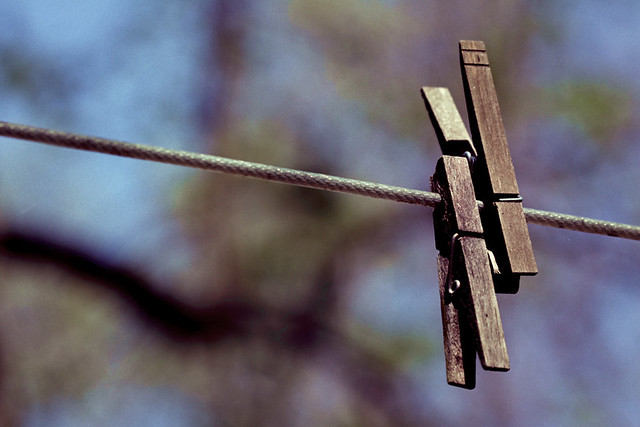
If anything, this model of NPD encapsulates how I feel about my mother. It's a tragic situation. She deserves pity and love, but cannot get it because of the particular way she is broken. I would like to give it to her, but cannot because it would require putting myself in harm's way. I find it uncomfortable to sit with this version of "how the hell did Mom end up the way she is?" because it removes the comfort of saying "this person is just a jerk who deserves shunning." It invites the awkwardness of knowing how imperfect human relationships are, that these two hurting, motherless women cannot ever help each other. In the end, that is the true wound that I have to heal, and the true legacy of narcissism.
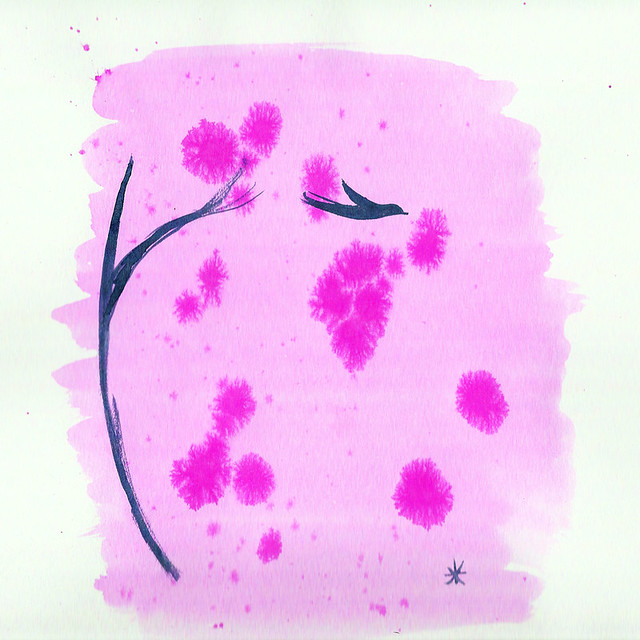
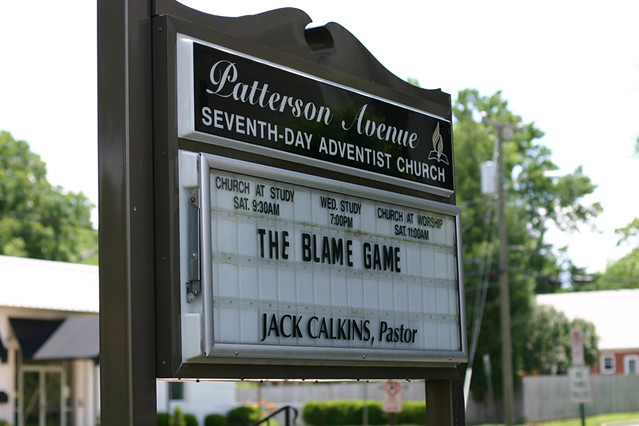
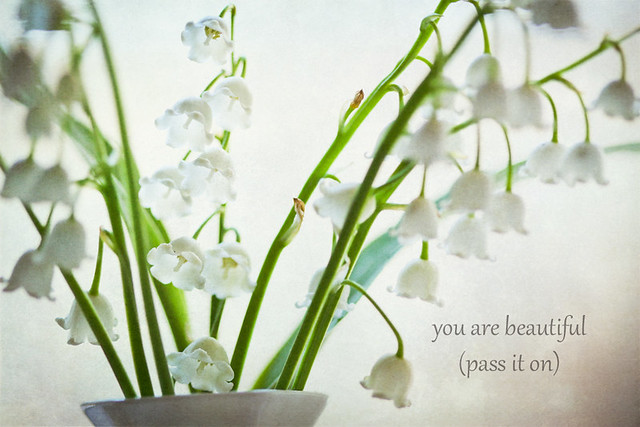








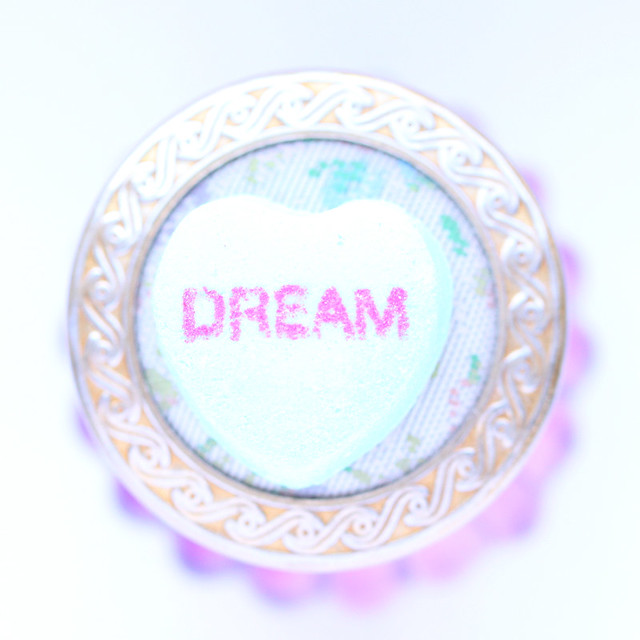


.jpg)


